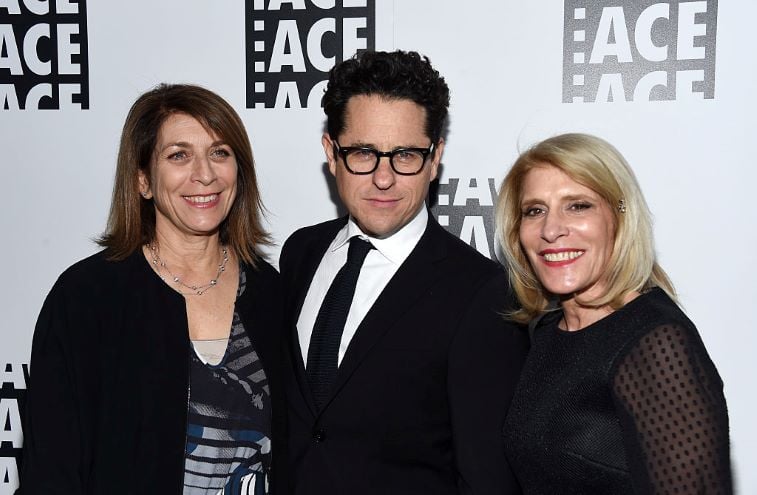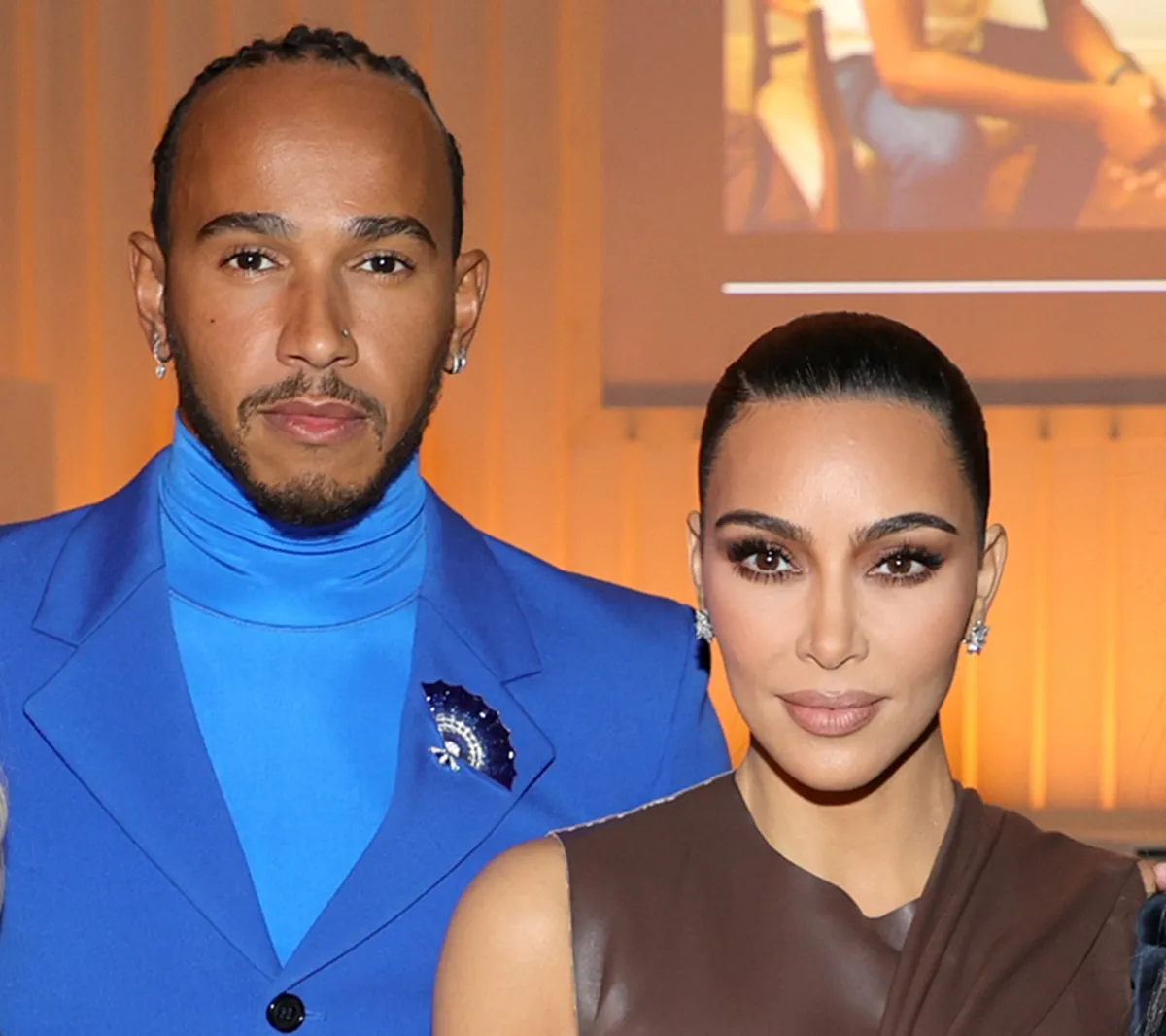‘Star Wars: The Rise of Skywalker’: Ruined by Disney’s Steadfast Dec. 20, 2019, Release Date According to J. J. Abrams’ Longtime Editor
The highly-anticipated finale to the Star Wars sequel trilogy hit theaters on Dec. 20, 2019, but it wasn’t everything viewers wanted. Star Wars: The Rise of Skywalker received subpar reviews from critics and didn’t do much better with the fans. Editor Maryann Brandon admits that the rigid release date set by Disney rushed the production of the film.

How did ‘Rise of Skywalker’ compare to the other movies in the trilogy?
“Star Wars: The Rise of Skywalker suffers from a frustrating lack of imagination, but concludes this beloved saga with fan-focused devotion,” according to critics on Rotten Tomatoes.
It received a 54% overall rating from critics, and an 86% audience score on Rotten Tomatoes. Most fans left the theater with a sense of completion, but there are still many complaints about the film from both sides.
Alternately, the second movie in the sequel trilogy, Star Wars: The Last Jedi (2017), received a 91% rating from critics, but only 43% from the audience.
Star Wars: The Force Awakens (2015) did the best out of the three part-trilogy with a 93% from critics and 86% from the audience.
Users on IMDb give Rise of Skywalker a 6.9 rating out of 10, while The Last Jedi was only slightly higher with a score of 7 out of 10. The first movie in the prequel, The Force Awakens, again rated highest with a 7.9 out of 10.
Why does ‘The Rise of Skywalker’ editor feel Disney ruined the movie?
Maryann Brandon spoke out on The Rough Cut podcast regarding the film’s rushed production. Brandon worked with Director J. J. Abrams on the television series, Alias, as well as the movies Mission: Impossible III, Star Trek, and Star Wars: The Force Awakens. The two know each other well, so it comes as a surprise that another movie they worked on together would receive negative reviews.
The Rise of Skywalker crew had three months less to work on the new film than they did for Force Awakens, according to Brandon’s estimates. Disney set the Dec. 20, 2019 release date and was rigid that it could not change.
“We were definitely still trying to figure out a lot of stuff,” Brandon said during the podcast. “It’s a struggle. It affected everything. About a third of the way through, [Lucasfilm president] Kathy [Kennedy] was like, ‘JJ has got to spend more time in the cutting room.’ And I knew that wasn’t going to happen. Not with the schedule that we were on. Not with what he was dealing with on a daily basis. He was just exhausted at the end of the day.”
With the date unable to change, the editor and director pushed through and did the best they could. However, three months more of shooting, directing, and editing might have created a whole different movie.
What does the editor believe fans and critics should feel about the movie?
“In a time when the whole world is polarized, it should not be a film that is polarizing,” Brandon commented. “Basically, the message of the film is, ‘Hey, you know what? You can be bad and good can come into your life. And maybe if you’re open-minded to it, extraordinary things can change your mind. And you have to believe there’s always hope.'”
Although viewers see that message now, it is not entirely apparent from watching the movie.
“Look, sure, it’s fan service,” the editor also added, “[but] if you didn’t service the fans, it would be, ‘Oh, he didn’t go along with the history of Star Wars and what it all means.'”
It is reassuring to hear the editor comment that the movie services fans since that is what most complaints are. Now, we know they did do that on purpose and what the more important message should be.
If only Disney could have given the director three more months, critics and fans might be in agreement about the film. You can see Star Wars: The Rise of Skywalker in theaters worldwide, now.


